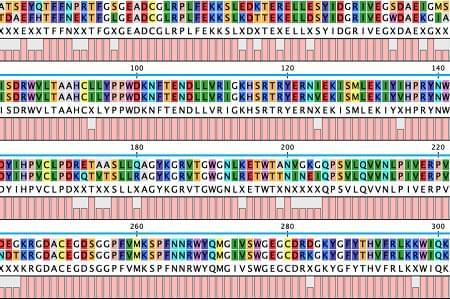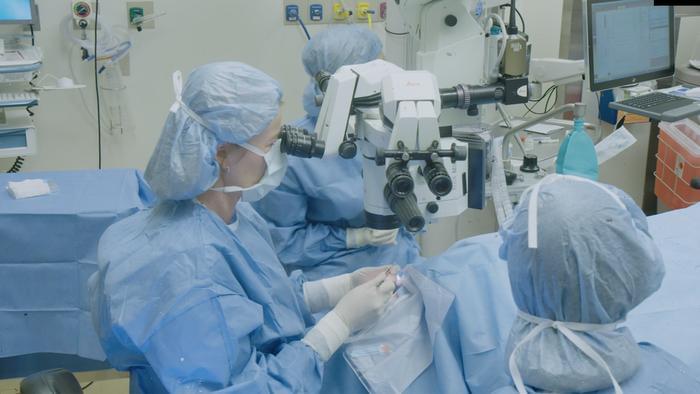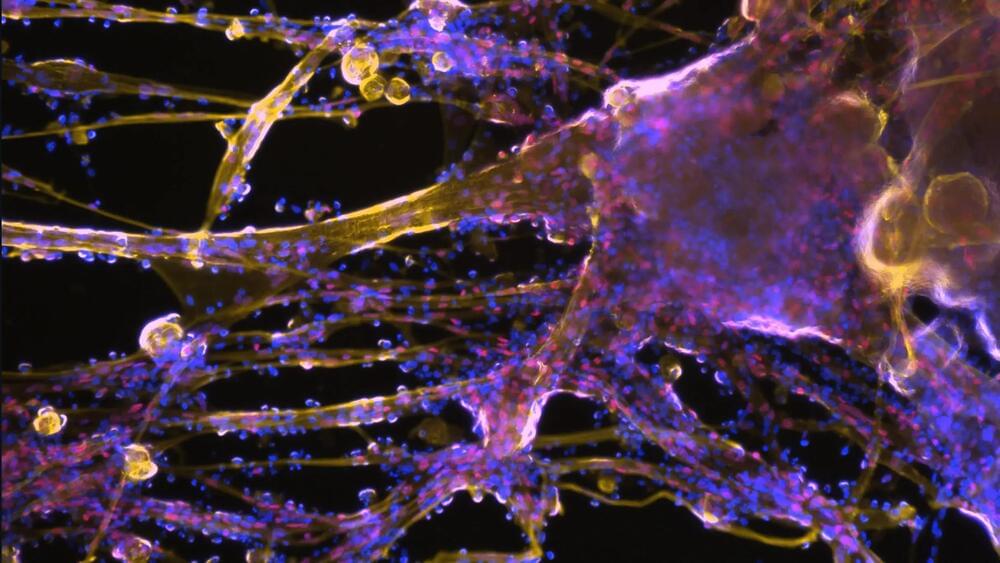Human thrombin. Thrombin is the enzyme responsible for bleeding and for blood clotting, depending on how it’s activated, and has two DNA drug-binding sites. ©2023 Yoshimoto et al. CC-BY
Various medical circumstances, including heart attacks and extreme cases of COVID-19, necessitate the use of anticoagulants, medicines that prevent blood clots. But the most commonly used, heparin, can induce potentially fatal side effects by making the blood clots worse rather than better. This only happens in a minority of patients so effective treatments are not commonly explored. For the first time, researchers, including those from the University of Tokyo, have proposed a side effect-free anticoagulating treatment that has so far proved effective in test mice and could be ready for human trials in just a few years.
The COVID-19 pandemic brought much woe to people around the world. And at the time of writing, though much of the world seems to have moved on, the effects of the pandemic continue to linger. One aspect of some extreme cases of COVID-19 that has not been widely reported is the complication brought on when the anticoagulant medicine heparin is used in an attempt to reduce blood clots in patients. A small number — up to 3% of recipients — suffer the side effect heparin-induced thrombocytopenia (HIT), a potentially fatal and rapid clotting of the blood, the opposite of the intended effect. Other medical issues, such as heart attacks, kidney dialysis, and even some surgeries, can also require anticoagulants.




